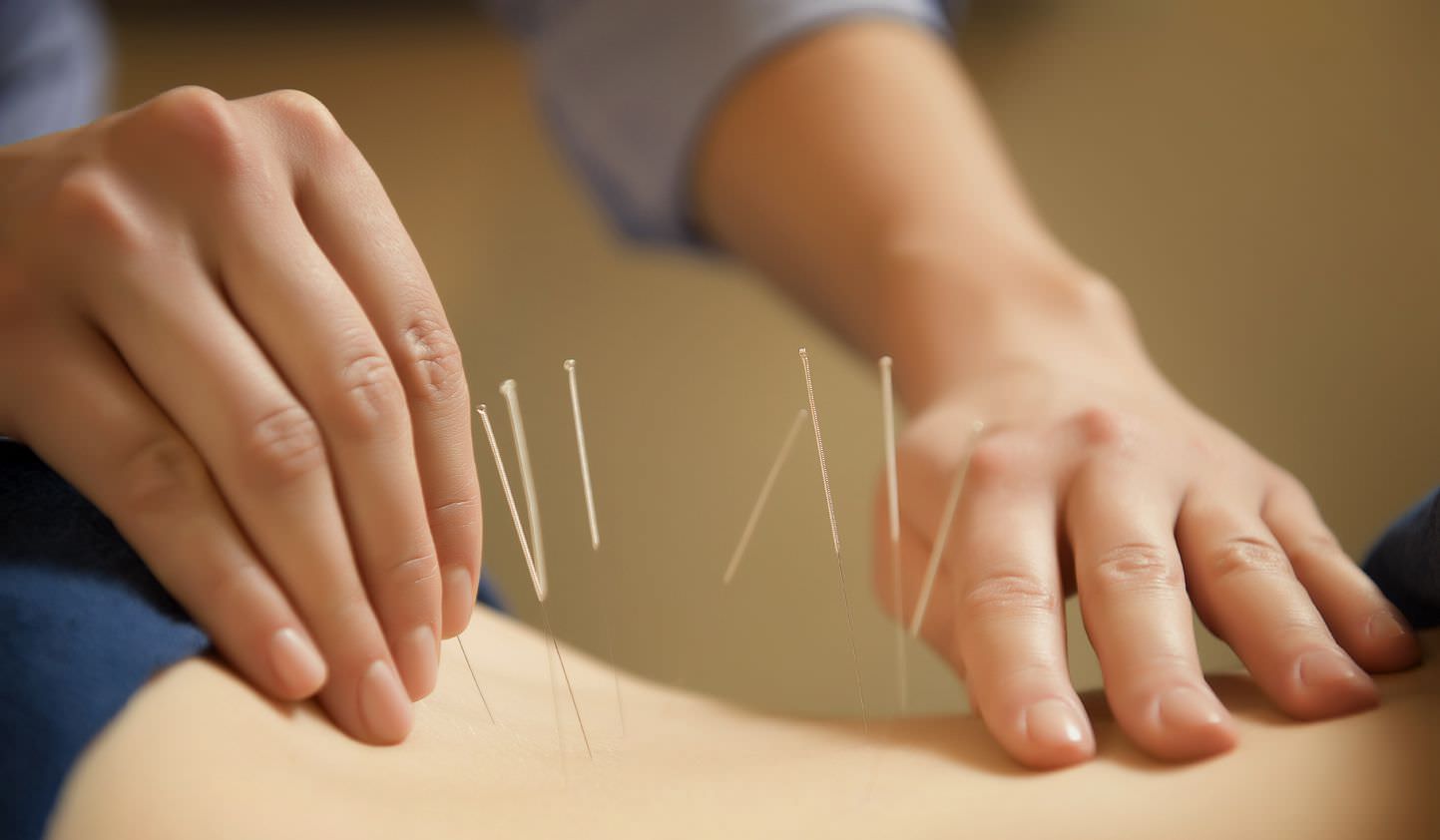Services

What is Chiropractic?
Chiropractic is a natural and non-invasive health care profession that assesses and effectively treats disorders of both the musculoskeletal and nervous system, with a focus on spinal health and function. Just to list a few, chiropractic care is commonly used for treating these complaints:
- Back pain
- Neck pain
- Joint pain
- Sciatica
- Headaches
- Poor balance, movement & posture
Chiropractors are also trained to recommend therapeutic and rehabilitative exercises.
What are the benefits of Chiropractic?
To understand the benefits we need to first appreciate that the spine is a sophisticated structure and in order for it to function well between the demands of our modern lifestyle, it is understandable that it requires a great deal of control. Due to over or under-use, spinal problems can often progress for a period of time without signs or symptoms, similar to that of tooth decay. These issues if not managed can lead to the loss of the intricate control system which our spine requires, causing unwanted injuries, joint restrictions, pain and extra burden on an individual’s overall function.
“Spinal manipulation” or “chiropractic adjustment” is a gentle and controlled force that is manually applied to a restricted joint and is known to exhibit many benefits. These not only include the restoration of joint mobility and the alleviation of pain but also a positive impact on our nervous system and the control centre in our brain to restore control and function, thereby allowing our body to heal.

What is Acupuncture?
Acupuncture is one of the main forms of treatment in Traditional Chinese Medicine. It involves the use of very thin needles that are inserted into the body at precise points. This process is used to adjust and alter the body’s energy flow into a healthier pattern and is used to treat a wide variety of illnesses and health conditions such as:
- Diffused musculoskeletal pain
- Joint aches
- Sports injuries
- Headaches
- Nausea
- Digestion disorders
- Seasonal allergies
What are the benefits of Acupuncture?
Acupuncture works along a system of energy pathways or meridians to restore the balance of the human body. This enhances the flow and awareness of the body to promote healthier functioning and recovery. The treatment of acupuncture may also be used alongside other health care services.

What is Psychology?
Psychological therapy is a series of interactions between a psychologist and the client which seeks to understand the client’s unique life experiences and how they have shaped the client’s current emotional difficulties. Therapy draws on the client’s strengths and is conducted collaboratively.
Psychologists gain the skills to understand the human brain, behaviour, emotions and patterns of interacting with others, so that they are able to support people who are facing emotional difficulties. Such support includes (and is certainly not limited to):
- Psychologists creating a safe talking space for exploring emotional issues.
- Helping clients to break away from ideas and beliefs which may be hindering their relationships, happiness and overall wellbeing.
- Providing clients support, space and time to become more aware of their emotional struggles and to develop effective coping mechanisms to deal with difficulty in their lives.
Psychologists use a variety of well-researched evidenced based approaches to help people with their difficulties.
What are the benefits of Psychology?
We face some tough situations in life - losing a job, ending a relationship or losing a close family member. Sometimes it is about transitioning into parenthood, being a new mother or father, struggling with post-natal blues or sadly, losing a child.
Our little ones also have big problems in their young minds - pressures of education, peer conflict, bullying or unfair and undeserved experiences of trauma, hurt and loss. Often psychological/emotional support can be helpful during these tough times.
Psychological therapy provides individuals/families/couples with the opportunity to overcome life difficulties by exploring their own worlds in a safe and supportive environment, improving relationships, achieving goals, and ultimately becoming content and/or happy. Therapy has also seen to be effective in supporting people with certain specific psychological and emotional issues such as:
- Anxiety and related difficulties
- Trauma
- Substance misuse
- Low mood
- Self-esteem and self-worth issues
- Parenting related difficulties
- Family relationships
- Life transitions
- Stress
Sometimes physical and psychological difficulties are experienced together (such as injuries from traumatic accidents, chronic pain-causing low mood, etc.), and therapy may be used in conjunction with other healthcare services.
For more information about our psychologists and their services, please click here.
